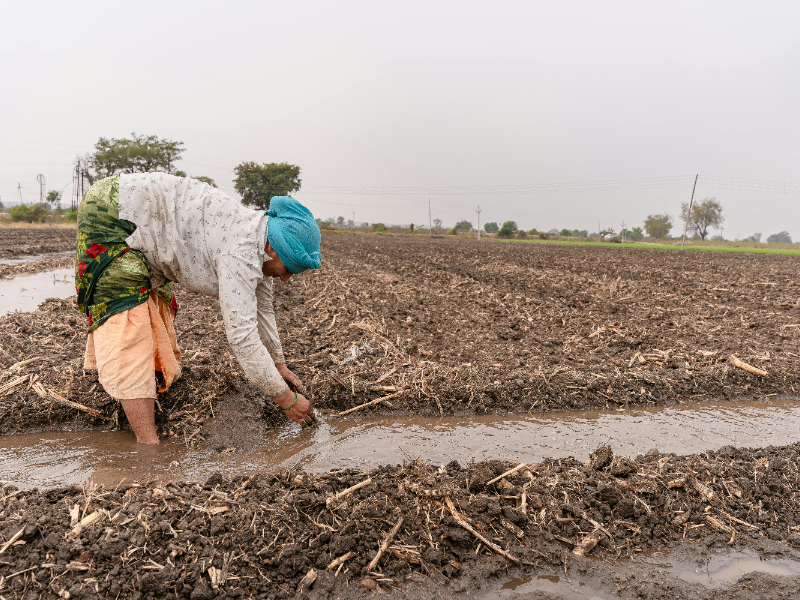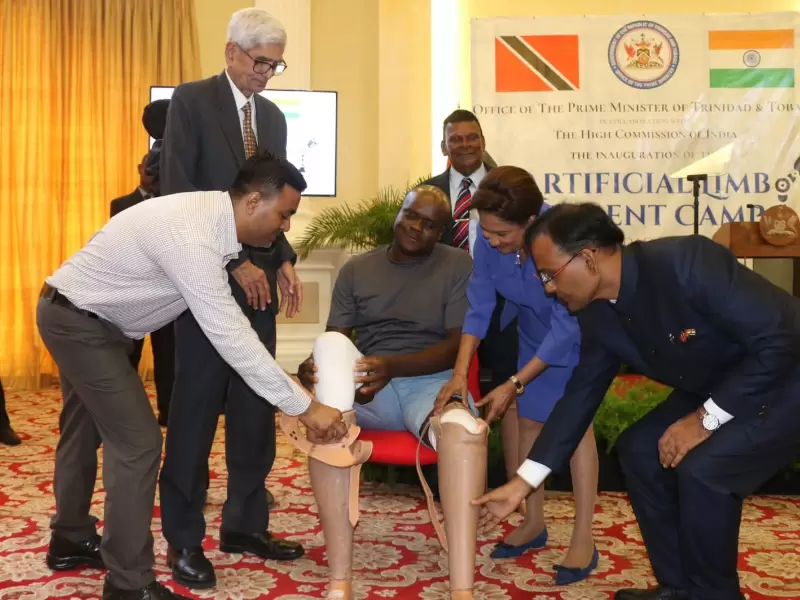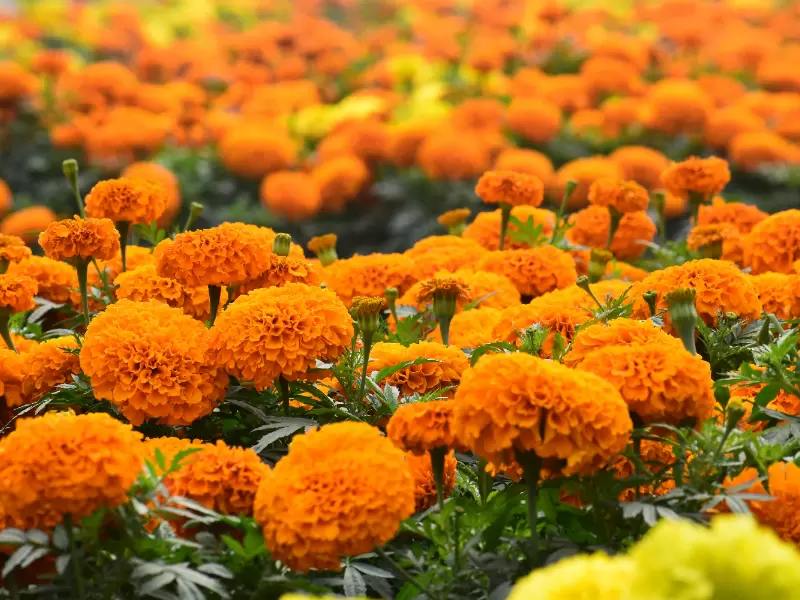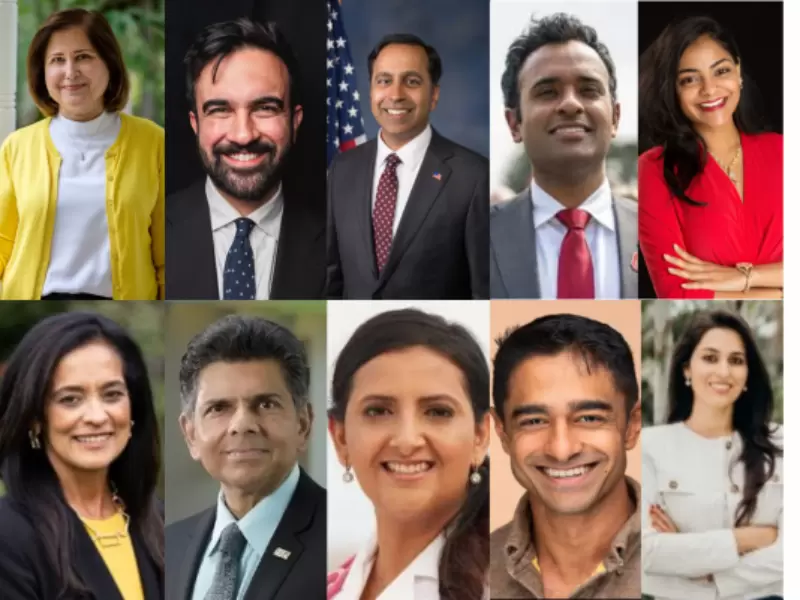Crisis on the farm: rich world's trade rules condemn Global South farmers to poverty
The report paints a picture where developed nations leverage their power to maintain impenetrable trade barriers while suffocating rural exporters with complex, costly new "green" compliance demands.
 Representative image / Pexels
Representative image / Pexels
The global agricultural trading system has become a machine for rural poverty, according to a blistering new analysis. Developing nations are warning that the wealth and policy choices of the world’s richest countries are inflicting a devastating, two-pronged assault on the smallholder producers who form the backbone of the Global South’s food security.
The core finding is a deeply corrosive hypocrisy: decades-old, sky-high tariff walls remain intact, while a surge of new, unilateral environmental regulations are being weaponized as thinly disguised "green protectionism." The new report from the Research and Information System for Developing Countries (RIS) argues the system is collapsing under this duality, failing the billions dependent on agriculture for their survival.
The report paints a picture where developed nations leverage their power to maintain impenetrable trade barriers while suffocating rural exporters with complex, costly new "green" compliance demands.
Entrenched Barriers: Tariffs Blocking the Path out of Poverty
Despite decades of supposed liberalization under the WTO, the developed world still maintains agricultural tariffs so extreme they function as outright import prohibition, directly undermining the ability of rural producers to earn global market income.
ALSO READ: AI revolutionizes monsoon predictions for India’s farmers
The figures are staggering:
• Switzerland enforces duties up to 962 percent on meat and 888 percent on dairy.
• Canada protects its dairy sector with tariffs reaching 570 percent.
• Japan’s 457 percent tariff on rice effectively shuts out competition.
Crucially, rich nations rely heavily on non-ad valorem tariffs—duties not based on the product’s value—creating a non-transparent cost structure that small, rural-based exporters find impossible to navigate. This opacity acts as a hidden trade killer. Furthermore, developed countries aggressively utilize Special Agricultural Safeguards (SSGs) to instantly block imports at the first sign of domestic market pressure—a crucial defense mechanism largely denied to developing economies facing massive trade flows.
The Climate Cover: 'Green Protectionism' Hits Smallholders
The most immediate and bureaucratic threat to rural livelihoods is the rise of unilateral environmental policies. These measures, marketed as climate action, are rapidly emerging as the new non-tariff barriers that threaten to exclude millions of small farmers from global value chains.
The prime example is the European Union’s Deforestation-Free Supply Chain Regulation (EUDR). While the goal of curbing deforestation is admirable, the regulation imposes immediate and stringent requirements for traceability and due diligence on key commodities like coffee, cocoa, and palm oil.
Nations in the Global South argue the EUDR is unimplementable for their vast networks of smallholder producers. The compliance costs are astronomical and the accelerated timeline risks triggering massive supply chain disruption, potentially worsening rural poverty and undercutting developmental goals. This trend, expanding through debates on Sustainable Food Systems, is feared to simply create a new set of expensive, bureaucratic hurdles that isolate the poorest farmers.
WTO gridlock: A threat to rural survival
The failure of the multilateral trading system to resolve critical development issues directly threatens the survival of rural economies:
1. Public Stockholding (PSH): Developing countries urgently need a permanent solution to protect price support programs that procure foodgrains for distribution to vulnerable, often rural, populations. Current WTO rules based on decades-old reference prices treat this essential food security measure as trade-distorting, forcing nations to rely on a precarious "peace clause." This deadlock compromises the government's ability to prevent rural hunger.
2. Special Safeguard Mechanism (SSM): The Global South continues to be denied a tool that would allow them to temporarily raise tariffs to shield vulnerable domestic farmers from sudden, devastating import surges—a protective right already utilized by rich nations.
3. Cotton Subsidies: The colossal subsidies provided to cotton farmers in developed countries continue to depress global prices, directly crippling the livelihoods of smallholder cotton farmers in West Africa (the C-4 countries). Despite a 2005 commitment, this issue remains unresolved, showing a profound lack of regard for the rural poor.
The message is clear. The credibility of the global trading system hinges on whether developed nations are prepared to dismantle their own agricultural protections and grant the Global South the necessary policy space to safeguard its food supply and rural development.




 R Suryamurthy
R Suryamurthy















Comments
Start the conversation
Become a member of New India Abroad to start commenting.
Sign Up Now
Already have an account? Login